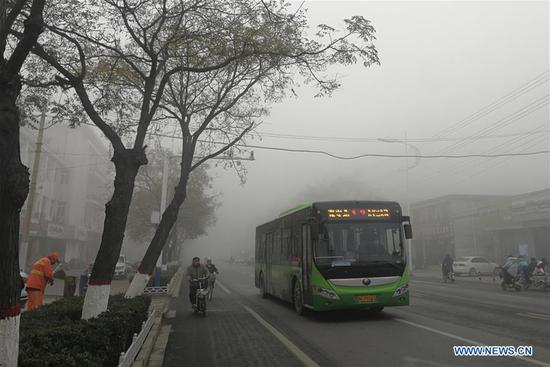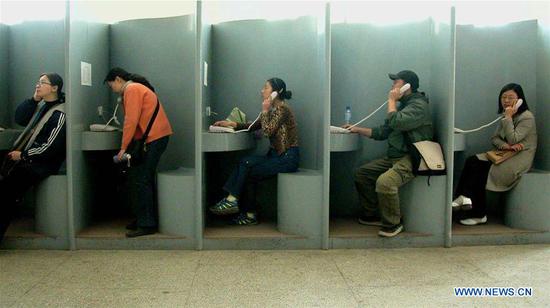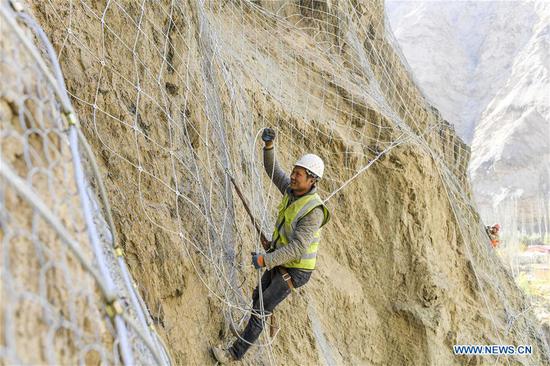
Lai Wen Jun shops during Double-Eleven. /CGTN Photo
China’s central bank says the country’s household deposits dropped by 334.7 billion yuan in October, while household sector loans increased by 563.6 billion yuan. With China’s annual Double-Eleven online shopping festival breaking spending records this year, the era of e-commerce and internet financing means people aren't saving the way they used to in a country known for a high saving rate.
For bank employee Lai Wenjun, the desire to please herself by fulfilling a shopping list feels good. Now with online financing services, she can rest easy about paying. She said she had used several internet credit lines, such as Alibaba's Huabei and JD's Baitiao, to pay in installments That allows her to buy more goods without affecting her cash flow or life quality.
Liu Dongmin from the Chinese Academy of Social Science considers Double Eleven a typical example of how Chinese people are spending more and saving less in recent years. He said the phenomenon is driven by factors other than the universal rule that savings decrease as GDP grows. With the rising per capita income, people no longer struggle for a living and are willing to spend more to enjoy their lives. Moreover, the developing financial instruments, such as consumer credit, enable people to borrow and spend.
This Double Eleven, e-commerce platforms have introduced new mechanisms to further boost sales. Alibaba's new financial technology guarantees payment in different scenarios, while JD.com increased its online financing by 80 billion yuan. But despite the e-savvy younger generation, older Chinese who typically don't use online financing are also depositing less in their savings accounts. Many now borrow money to buy goods, and even real estate. Retiree Sun Liling said she had spared about 20 to 30 percent of her deposits to buy various financing products. And she also purchased housing with a mortgage loan.
The decline in Chinese household savings is a result of economic growth. It shows an improvement in Chinese living standards and an expanding domestic demand. Many say the momentum will change the trend of the Chinese economy relying too heavily on foreign demand and governmental investment. But there are also problems. Statistics show Chinese household loans last year increased faster than household deposits by 13.9 percentage points.
The gap is bigger than that before the 2008 crisis.
Experts believe China's household savings will continue to decline in the long run, in light of a developing social security system and an aging society. The good news is, China's long-term high savings rate, even after years of decline, is still well above the warning line. The major task for the country is to prevent the excessive growth of household debt and other possible financial risks.


















































